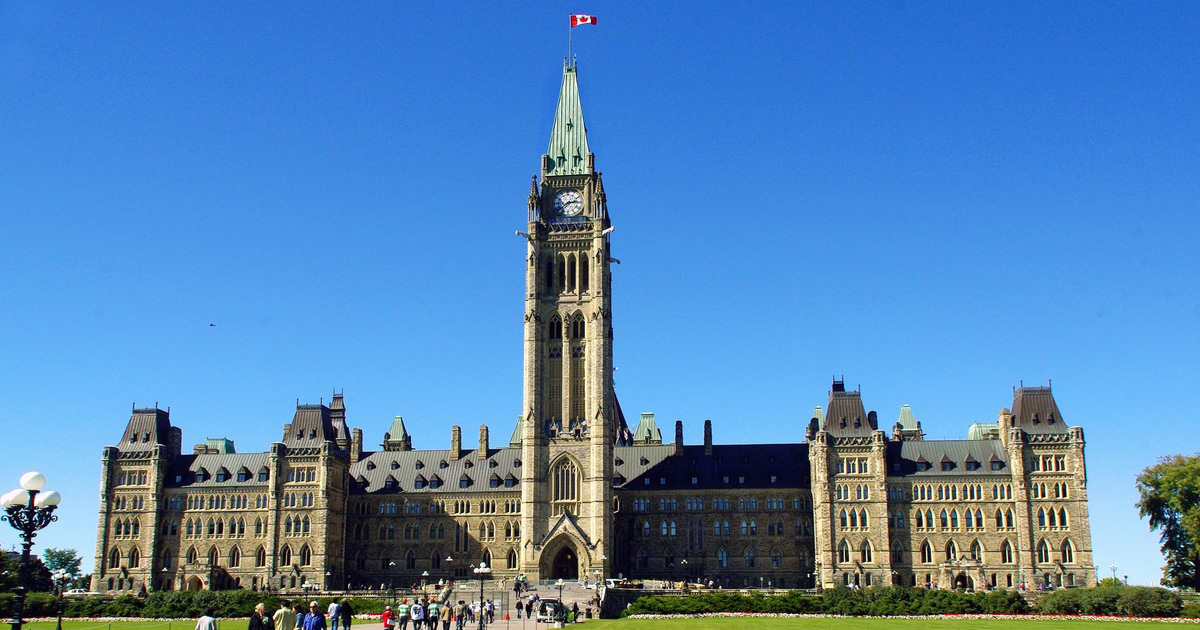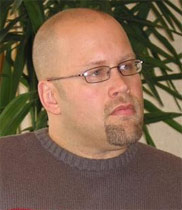Tags
Canada
-
Bill C-9 Creates Uncertainty

Canada's Parliament Building
Photo: RawPixelVOMC's primary mission is to respond to the needs of Christians in countries where persecution is prevalent. However, we also remain alert to potential threats to our religious freedoms here in Canada – including those that hinder the proclamation of the Gospel. One of the more recent concerns relates to proposed amendments to Bill C-9, which is currently under review by members of the Canadian Parliament.
-
Interview with Asia Bibi

Photo: World Watch Monitor "I, Asia Bibi, daughter of Salamat Masih, believe in Jesus." So begins a video testimony of the Pakistani woman who was formerly sentenced to death for blasphemy but now living in an undisclosed location in Canada. Grateful for the opportunity to begin building a new life for her reunited family, Asia is calling out to the world to remember others still being imprisoned for their faith.
In the video, Asia, who remains a proud Pakistani, expresses remorse for having to leave her homeland and beloved elderly father. Even while in Canada, however, her life is still under threat by those seeking to punish her for alleged blasphemy.
-
Asia Bibi Possibly in Canada

Asia Bibi
Photo: World Watch MonitorIf reports from CNN and other notable sources are accurate, Asia Bibi finally arrived in Canada on May 8th, more than six months after all charges against her were dismissed. Following multiple false rumours since the October 31st court ruling, it is now reported that Asia has arrived in Canada with her husband, and the couple are staying in an undisclosed location with their children. Further information on the family's location will remain confidential for security purposes.
-
Decision for Trinity Western University

Photo: Google The Supreme Court of Canada has announced that they will be releasing their decision regarding Trinity Western University's School of Law on Friday, June 15th. The ruling could have wide-ranging implications on the protection of religious freedoms in Canada.
-
Dramatic Stage Play Awakens Canadian Audiences

Photo: ARW/VOM Canada The first few weeks of the Solitary Refinement touring stage play has already had audiences in various parts of the nation captivated. On numerous occasions, those who have been blessed to witness this life-transforming production have responded with standing ovations -- to the glory of God!
-
BRITISH COLUMBIA: Christian Law Graduates Banned from Practising Law

Photo: Flickr / steakpinball "It should be front page news across Canada," states Sun Media's Ezra Levant in an email news alert. Due to the results of a referendum among the province's lawyers, the British Columbia Law Society voted recently to reverse an earlier decision to accredit Trinity Western University (TWU) law school graduates. As a result, graduates of TWU's law school will not be able to practise law in British Columbia (BC).
The legal profession rejected accreditation for TWU's graduates based on a personal pledge of conduct the university's students are required to sign. The pledge, which includes a promise to abstain from sex outside of traditional marriage, raises a same-sex equality rights issue for the BC Law Society, but pits it against religious freedom in Canada.
-
Why Aren’t We Being Persecuted?
By Greg MusselmanRecently, I spoke to a group of about 40 grade six students in their religion class at a school in Alberta. They had been studying issues related to social justice. I wasn’t sure how they would react to my presentation on Christians who are suffering for their faith in different parts of the world. I showed them photos and a video featuring the testimonies of several persecuted believers. I was impressed with the students’ desire to hear more about what I had to say. They paid close attention while watching one of my reports from Nigeria and hearing how Christians are being unjustly treated and even killed by militant Muslims. -
Update: Judge overturns hate speech ruling against Canadian pastor

On December 3, a Court of Queen's Bench judge overturned a December 2007 ruling by the Alberta Human Rights Commission (AHRC) that a letter written by Stephen Boissoin published in a local newspaper broke provincial law against spreading hatred (click here for more details). Justice E.C. Wilson ruled that the AHRC panel chair Lori Andreachuk had made many errors in her ruling. The judge ruled that Andreachuk's order that Boissoin pay $5,000 and refrain from making "disparaging remarks" about homosexuals could not be enforced, as it was "unlawful or unconstitutional."
The judge said that while Boissoin's remarks were "jarring, offensive, bewildering, puerile, nonsensical and insulting," they were not hateful or extreme and that there was nothing in the letter to suggest it was exhorting Albertans to discriminate against homosexuals in areas which fall under provincial jurisdiction. At last report, Darren Lund, who launched the complaint against Boissoin, has not decided whether he will appeal this ruling.
In another religious freedom case in Canada, Christian Horizons, a Christian organization that assists individuals with developmental disabilities, will be appealing a May 2008 ruling by the Ontario Human Rights Tribunal (OHRT) on December 15-17. The OHRT ruled that Christian Horizons violated the rights of a former worker, Connie Heintz, by terminating her employment when she revealed that she was a lesbian (click here for more information). The ruling ordered Christian Horizons to compensate Heintz $23,000 in lost wages and to stop requiring its staff to sign an explicitly Christian morality code.
Thank the Lord that the ruling against Stephen Boissoin was overturned. Ask the Lord to give the believers involved in the Christian Horizons case Christ-like endurance as they stand up for their beliefs. Pray that Canada will uphold the religious freedom of its citizens.
-
Update: Pastor appeals ruling
 Pastor Stephen Boissoin is scheduled to appear in court on September 16-17 to appeal a ruling made by the Alberta Human Rights Commission in May 2008 that he and the Concerned Christian Coalition violated the province's human rights law by publishing a letter in a local newspaper that was "likely to expose homosexuals to hatred or contempt because of their sexual preference" (for more on the story, click here).
Pastor Stephen Boissoin is scheduled to appear in court on September 16-17 to appeal a ruling made by the Alberta Human Rights Commission in May 2008 that he and the Concerned Christian Coalition violated the province's human rights law by publishing a letter in a local newspaper that was "likely to expose homosexuals to hatred or contempt because of their sexual preference" (for more on the story, click here).
-
Canada's human rights hate speech law ruled unconstitutional
 In an astonishing decision, the Canadian Human Rights Tribunal ruled on September 2 that Section 13, Canada's human rights hate speech law, is an unconstitutional violation of the Charter right to free expression because of its penalty provisions.
In an astonishing decision, the Canadian Human Rights Tribunal ruled on September 2 that Section 13, Canada's human rights hate speech law, is an unconstitutional violation of the Charter right to free expression because of its penalty provisions.Section 13(1) of the Canadian Human Rights Act is an anti-hate law that was conceived in the 1960s to target racist telephone hotlines and then expanded in 2001 to include the Internet. For the last decade, one man, Ottawa lawyer Richard Warman, has been its almost exclusive complainant. This decision by Tribunal chair Athanasios Hadjis, in effect, strips the Canadian Human Rights Commission of its legal mandate to pursue hate on the Internet; a mandate it has strenuously defended despite accusations that this activity amounts to censorship. Mr. Hadjis found that that the pursuit of Section 13(1) cases "can no longer be considered exclusively remedial, preventative and conciliatory in nature the law" and the section has "become more penal in nature."
It is now up to the government and Canadian Human Rights Commission, which can appeal the ruling to Federal Court, to take the next step. VOMC's CEO, Glenn Penner said, in response to this ruling, "My hope is that the government will move to repeal Section 13 entirely and leave the prosecution of hate crimes in the criminal system where it belongs."
See VOMC's weblog for a helpful explanation of the difference between a human rights commission and a human rights tribunal (which are often confused with each other) and for commentary on the tribunal's recent decision.

